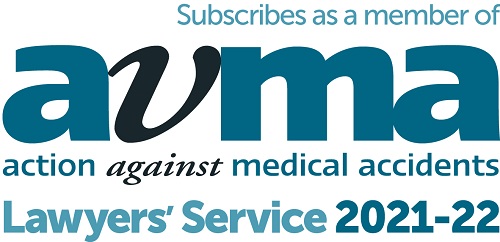When you make the decision to undergo Cosmetic Surgery, you have not made this lightly. You will have researched in great detail about the procedure, the Hospital and surgeon who you have chosen to provide the treatment.
If this treatment is undertaken poorly, you are understandably upset, not just at the outcome, but also the feeling that the funds that went into it have been wasted.
On 20th May 2019, the British Association of Aesthetic Plastic Surgeons released its annual audit, highlighting a modest increase in procedures and the common types of surgeries undertaken.
According to the new figures, over 28,000 procedures took place in 2018 alone, a small increase of 0.1% on 2017.
Women underwent 92% of all cosmetic procedures recorded, and as in 2017, the three most popular procedures for women were breast augmentation, breast reduction and blepharoplasty (eyelid surgery).
The biggest increase for women was for liposuctions which rose 12%, and facelifts which rose 9%.
What is, and is not, considered cosmetic surgery negligence?
To bring a successful claim, it must be shown that the clinician breached their duty of reasonable care to you and this led to an injury over and above that which you would have had in any event.
It is worth pointing out at this stage, that it is not necessarily negligent if the outcome is different to that which you expected.
Often expectation can be very high and ultimately, all our bodies are different and respond differently to procedures.
How may a surgeon act negligently?
There are many ways a surgeon may breach his duty of care. This may be through failure to properly consent a patient to a procedure which they may not have undergone if all the information had been provided.
It may be failure to choose the right technique to perform an operation based on the patient’s individual needs. It may be poor technique during the surgery which led to an injury. It may be failure to follow up correctly.
Who is at fault?
It is not just the surgeon who could be at fault. There may be something that goes wrong during the anaesthetic process or in the nursing care.
It could be medication was not administered or incorrect medication was prescribed. It could be failure to give correct advice on discharge and after care.







